At the start, I did not like him at all.
And I was not alone that did not like his face in Ibadan in those days in the 1970s when I first met him.
Indeed, a whole army of supporters of IICC Shooting Stars Football Club of Ibadan disliked him with a passion, and it had nothing to do with his personality, or as a result of anything he did wrong, but simply because he was the coach of a football Club considered the ‘enemy’ amongst the millions of the Shooting Stars’ faithful.
He was one of the senior coaches in the old Western State, and later of Oyo State when a former international player, Pa Ayo Adeniji, was chief coach of the State’s Sports Council.
When I joined Shooting Stars in 1974, a British Coach was to manage the biggest football club in the State at the time, the team that metamorphosed into an ethnic movement of the Yoruba people worldwide, following closely in the tradition established by Rangers International Football Club of Enugu after the Civil War.
Rangers had come onto the scene straight from the Civil War in 1970, and immediately threatened to become the country’s FA Cup champions when the team got to that year’s FA Cup final!
It was the heroic performance of goalkeeper Amusa Adisa that halted what would have been an incredible feat by a team ravaged by war and hurriedly assembled from its debris.
Amusa Adisa, in goal for Shooting Stars, saved a last-minute penalty kick taken by Godwin Achebe, a prodigious penalty kick taker and captain of the country’s national team. He was the country’s captain before the war, and after it, he came back to reclaim it.
Achebe had never lost a kick in a career spanning all those many years, a clear indication of how good he was until Adisa shattered the myth of his infallibility.
The match was eventually won by Shooting Stars.
That match also kick-started an incredibly long and keen rivalry that became a tradition involving the two biggest teams in the country at the time – Rangers and Shooting Stars. The rivalry continues to sustain even till now.
After that, with the politics in Nigeria drenched in ethnicity, most Yoruba gravitated to Shooting Stars and adopted the club as their own movement to counteract the force of Rangers, representing the Igbo.
Other teams around the country began to be formed reflecting ethnic interests or coloration – Raccah Rovers of Kano, Bendel Insurance of Benin, Calabar Rovers of Calabar, Sharks of Port Harcourt, and so on. All these emerging clubs represented more than mere football clubs.
In the Western State, it was Shooting Stars FC all the way.
That’s why any team that came to threaten their dominance was considered an ‘enemy’ including, indirectly, all the coaches handling those teams.
That’s how Chief Adegboye Onigbinde, became an ‘enemy’.
He was posted to handle Water Corporation FC, a team based in Ibadan that paraded a fantastic bunch of young players straight out of secondary school in the early 1970s and seriously threatened the dominance of ‘Shooting’.
So, Water Corporation FC then came along and became a ‘hated’ team. This feeling affected anyone known to be close to them.
When coaching the ‘enemy’, a wise coach should not be seen demonstrating excessive determination or trying to prove a point by defeating Shooting Stars in any of several competitions through the 1970s into the early part of the 1980s.
Between 1971 and 1980 the threat was pervading.
The matches between the two teams were heated and hostile.
So, Chief Onigbinde became a ‘collateral damage’ in that war of attrition and high octane competition.
The more he built up the strength of Water Corporation the more he was disliked by the teeming supporters of Shooting Stars.
Allan Hawks, the British Coach, later left the team and the country.
Chief Ayo Adeniji also retired from the Council.
It was not an easy decision to send out the most senior coach in the Council to coach the biggest team in the land.
Eventually, it fell on Chief Onigbinde, as Chief Coach of Oyo State, to take over the mantle of coaching Shooting Stars. His joining the team was not considered the best choice for the club at that point.
We all suspected him.
Several of us did not relate easily to him and indeed, it took a while training and playing with him for us to realise that he was only doing his job by coaching any other club with the same zeal, determination and dedication as he had shown when he was in Water Corporation trying to defeat Shooting Stars.
He and I initially had a controlled cat and mouse game.
The suspicion gradually thawed.
The more I got to know him after he had finally joined the team in the early 1980s, the more I appreciated his intellectual depth and also an effective style of coaching.
Chief Onigbinde became Head Coach of Shooting Stars FC following his stint as coach of the national team that led us to the finals of the 1984 African Champions League.
In that year Shooting Stars had their best attempt to win the African trophy that had eluded the country since Independence for the very first time.
It was during that campaign that my relationship with Chief Onigbinde grew.
On two different occasions, he had put his reputation on the line for me. It was a very brave but dicey matter.
In the first incident he ‘gambled’ and won.
The second time, he lost.
That second break presented to me what was the very end of my football career. My performance was frustrating and I was a huge disappointment, so much so that I told myself that I would never be able to play such a ‘game’ again.
He embarked on his expensive but necessary gamble
in Morocco in a match between Shooting Stars and Mac Fez in the quarter-finals of the African Champions League of that year, 1984.
During the match, I was actually not playing as well as expected of me, and the most powerful man in Shooting Stars at the time had sent an emissary to rush down from the State box onto the field and direct the Chief to substitute me in the match.
Chief pretended to have heard him and assured the man he would take care of things. But Chief had no such plan or any plan at all. He simply stood his ground.
The emissary had not returned to his seat before I scored probably the best goal of my career, a solo run from deep inside the Shooting Stars goal area, upfield through a maze of tackling legs, down the entire stretch of the field, to slot in a redemptive goal that killed the spirit of the pressing Moroccans in our 18-yards box!!
When Chief also ‘lost’ it was at during the most keenly contested final match of the same championship in Lagos in 1984.
I had missed the second semi-final match as well as the first leg of the final match in Egypt due to a very serious knee injury that would not heal in time for the final match.
Against all odds and reason, Chief Onigbinde decided he would put me in the match, even though I was limping slightly and was at only a quarter of your regular fitness.
He played me to start the match. I could not move well as a result of my heavily strapped knees. We lost on home ground in Lagos and I had the worst game of my entire playing career.
What struck me was that he fielded me at all.
Thereafter, my relationship with Chief took a different dimension because I retired from the game and became an administrator.
Chief and football are like Siamese twins.
They go together hand in hand. Discussing football is his cup of tea, anywhere, anytime. He would always mesmerize any audience with the quality of his elocution and depth in the knowledge of the game.
Several players do not agree with his football philosophy or style, but that he worked longer than any other African in the technical committees of both CAF and FIFA, speak volumes about what the rest of the world thinks of him.
Chief Onigbinde is 80.
Looking at him you would never believe it.
Even at this age, he remains a solid voice in Nigerian football, looking as if he can still take on the responsibility yet again of handling the national team if given a chance.
He remains one of a very few Nigerians that have had the privilege to manage the Super Eagles twice.
He took the national team to the African Cup of Nations in 1984, and to the World Cup in 2002.
I join all Nigerians this week in celebrating the life of a great patriot, an accomplished football technician, a foremost sports administrator, a teacher of the beautiful game and a truly great man.
I wish Chief Adegboye (Festus) Onigbinde many more decades of service to humanity and to Nigeria.
Congratulations!
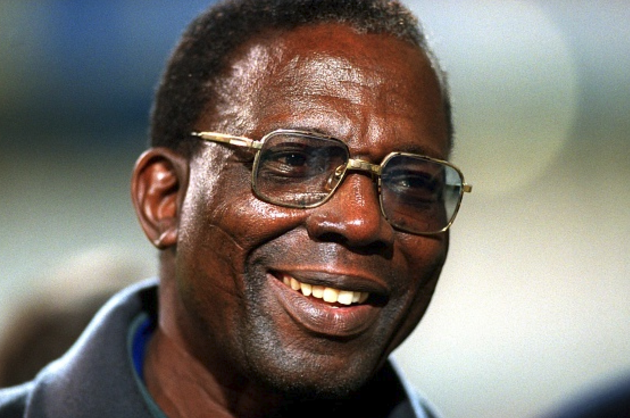
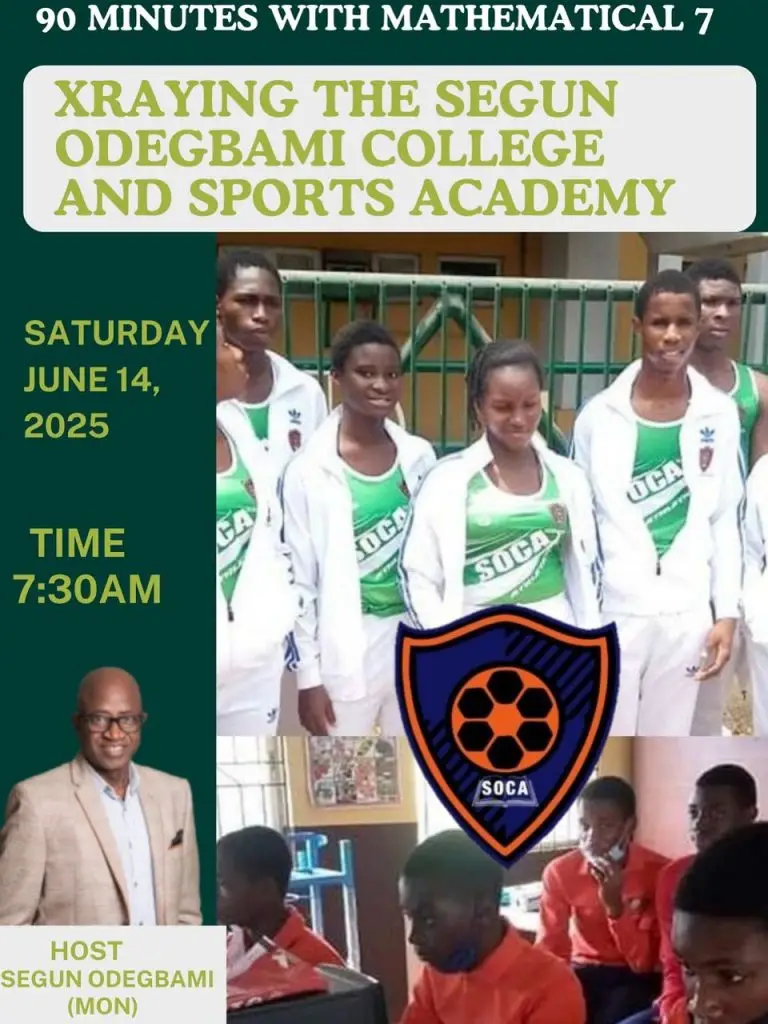
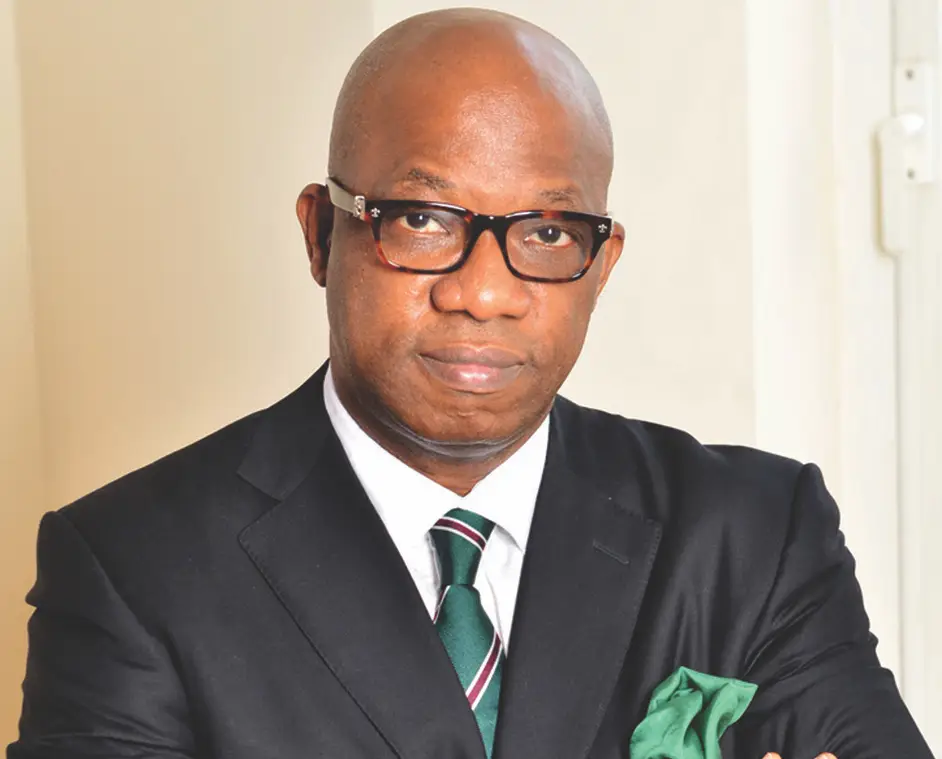
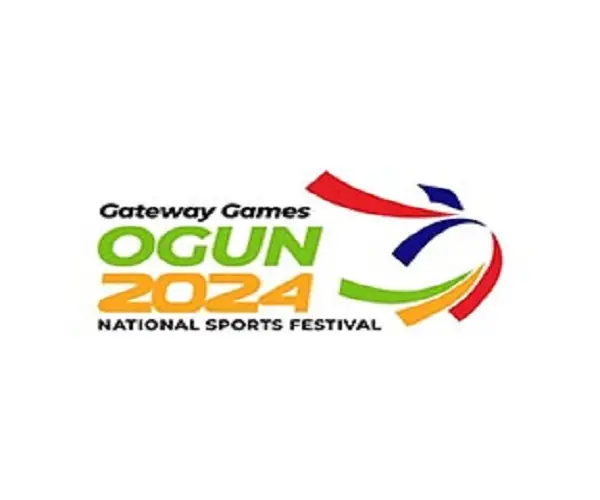
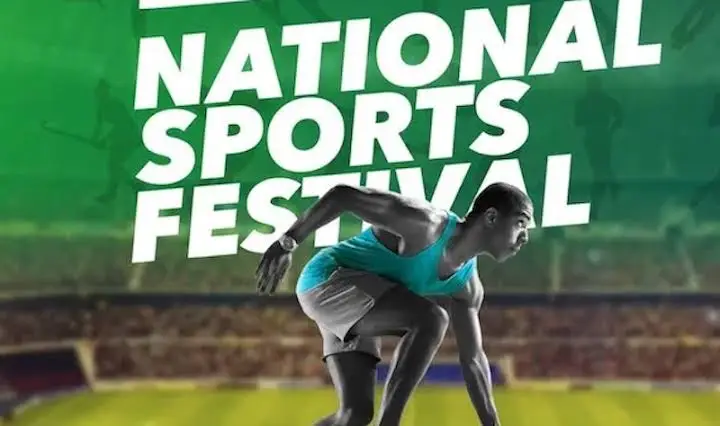
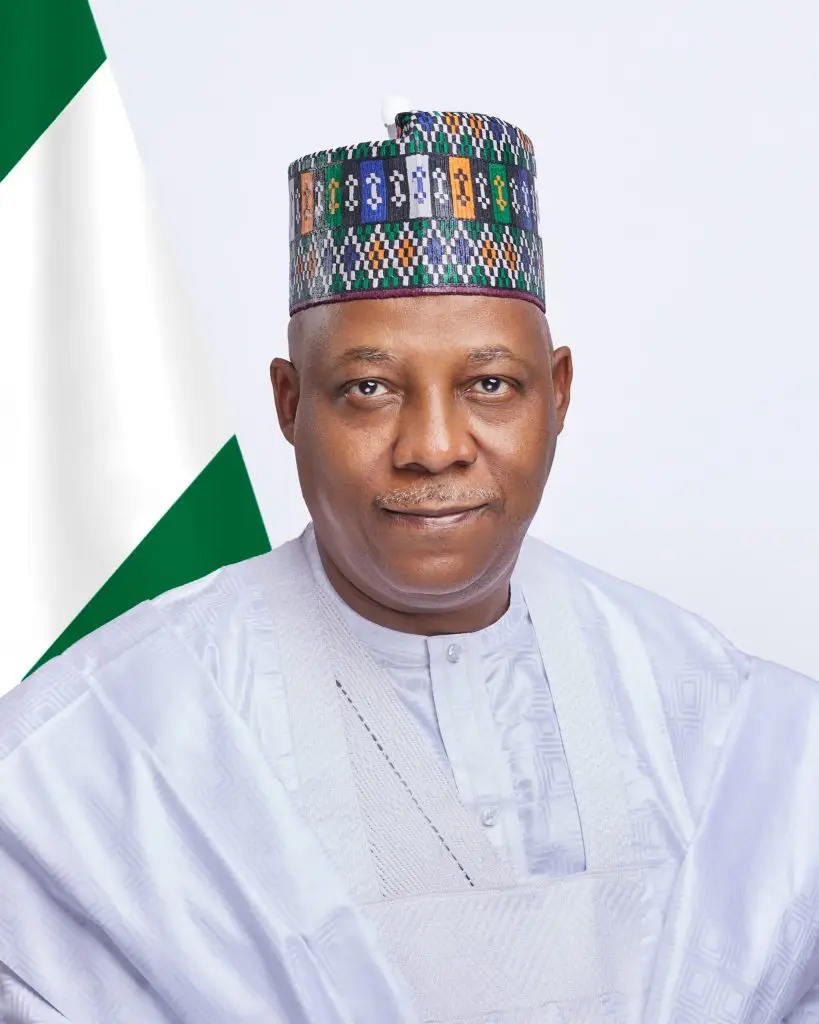



All is said… He told me this story alongside with laloko but I remember that story of injury used you as a player one side of the pitch not to run around. He is a great mentol he motivate me to be a coach. I have privileges to stay in his house and encourage me as one but showed me those challenges. This makes me left the country as we lack development but I give praise to everything. Thank you MON. Great Nigerian player of our days…